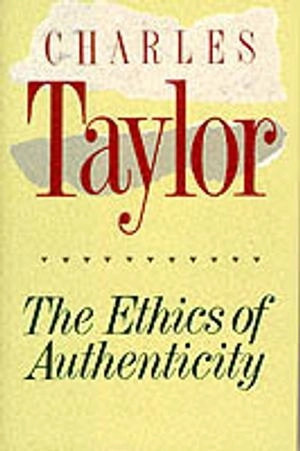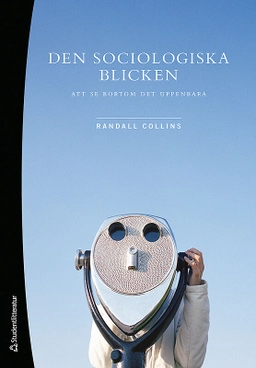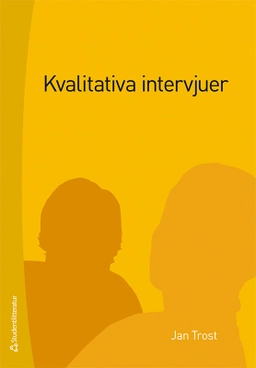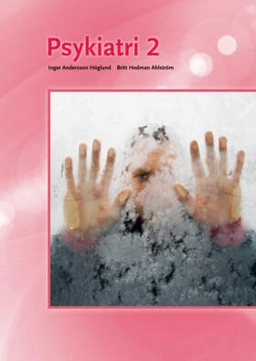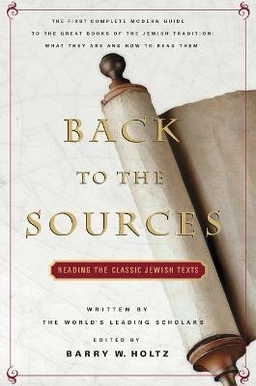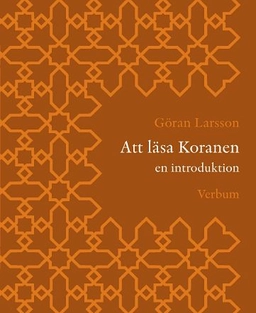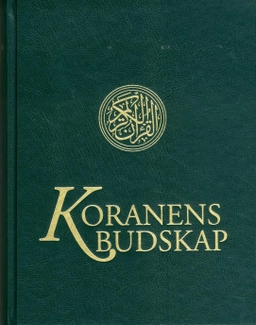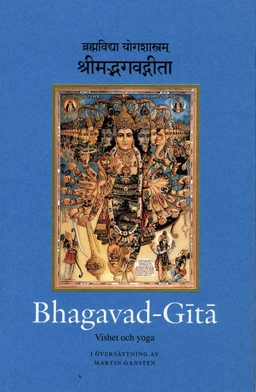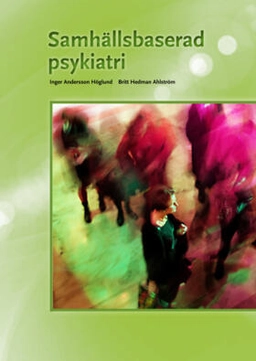Everywhere we hear talk of decline, of a world that was better once, maybe fifty years ago, maybe centuries ago, but certainly before modernity drew us along its dubious path. While some lament the slide of Western culture into relativism and nihilism and others celebrate the trend as a liberating sort of progress, Charles Taylor calls on us to face the moral and political crises of our time, and to make the most of modernity’s challenges. At the heart of the modern malaise, according to most accounts, is the notion of authenticity, of self-fulfillment, which seems to render ineffective the whole tradition of common values and social commitment. Though Taylor recognizes the dangers associated with modernity’s drive toward self realization, he is not as quick as others to dismiss it. He calls for a freeze on cultural pessimism. In a discussion of ideas and ideologies from Friedrich Nietzsche to Gail Sheehy, from Allan Bloom to Michel Foucault, Taylor sorts out the good from the harmful in the modern cultivation of an authentic self. He sets forth the entire network of thought and morals that link our quest for self-creation with our impulse toward self-fashioning, and shows how such efforts must be conducted against an existing set of rules, or a gridwork of moral measurement. Seen against this network, our modern preoccupations with expression, rights, and the subjectivity of human thought reveal themselves as assets, not liabilities. By looking past simplistic, one-sided judgments of modern culture, by distinguishing the good and valuable from the socially and politically perilous, Taylor articulates the promise of our age. His bracing and provocative book gives voice to the challenge of modernity, and calls on all of us to answer it.
Åtkomstkoder och digitalt tilläggsmaterial garanteras inte med begagnade böcker
